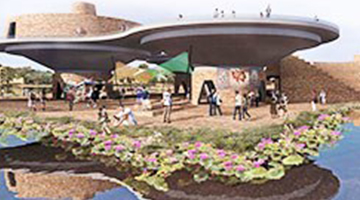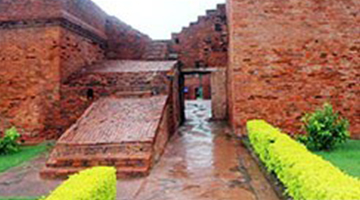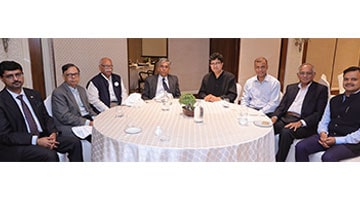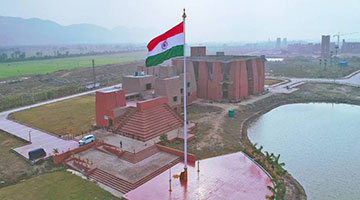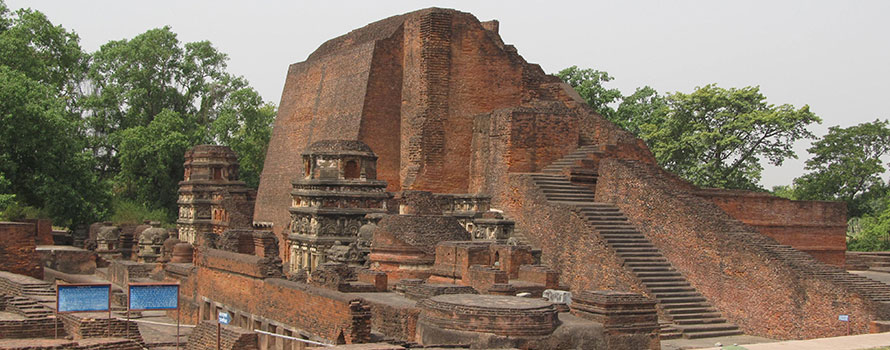About Nalanda University
Located in the town of Rajgir [ancient Imperial capital city] in the northern province of Bihar in India, Nalanda University is a post-graduate, research-intensive international university established on 25th November 2010, as “an institution of national importance”, by a special Act [No. 39 of 2010] of the Parliament of India, aiming to revive the erstwhile renowned ancient seat of learning, which thrived from 5th century CE to 12th century CE, as the first residential university of the world.
The rejuvenation of ancient Nalanda was proposed by former President Late Dr. A.P.J Abdul Kalam. The member states attending the East Asia Summits [Cebu, 2007 and Hua Hin, 2009], also sought the revival of the ancient Nalanda to “improve regional understanding and appreciation of one another’s heritage and history; to strengthen regional educational cooperation; and to build a community of learning which symbolises the spirituality that unites all mankind.” Other countries of the world have also signed intergovernmental memoranda of understanding to support the Nalanda University.
Nalanda University is inspired by the academic excellence and global vision by deriving from its antecedents; and the university is progressively recovering the lost connections and partnerships that existed in the past. It aspires to enhance research for greater interaction between nations; enable capacity building in areas of higher learning “vital for improving the quality of life”, and is acting to “contribute to the promotion of regional peace and vision” and “to share that understanding globally.”
“In the ultimate, a university is known by its faculty and students. As such, our goal in the years to come is to continue building a first-rate faculty, who are and will be known for their scholarship, and will also attract the first-rate students from around the world, especially the Nalanda partner countries. A bright future awaits us all!”
Prof. Arvind Panagariya, Chancellor of Nalanda University
“Nalanda is an icon of the Asian renaissance in the 21st century….it should be the center of civilizational dialogue and inter-faith understanding, as it once was. It should again make available for common betterment of all beings, knowledge already existing in the world.”
Mr. George Yeo, former Chancellor

